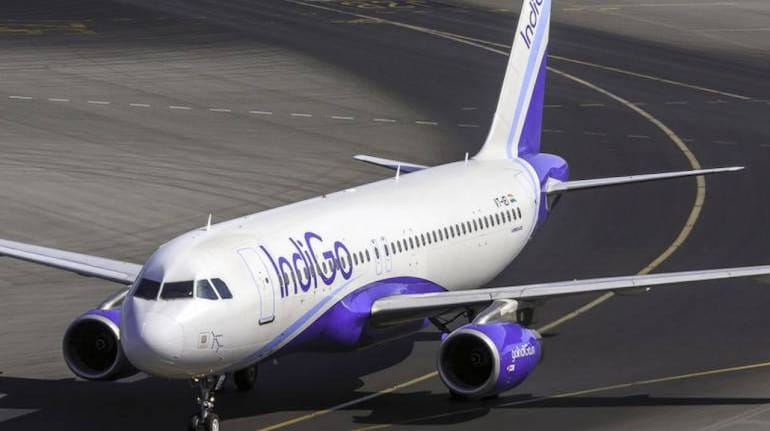While the underlying demand, Dutta added, was good, the restrictions announced by some of the states was hurting traffic
Restrictions by state governments on travel is hurting traffic, but the underlying demand, especially for charter flights and from Tier II cities, is encouraging, IndiGo CEO Ronojoy Dutta said.
"The demand shows that we will reach 80 percent of our capacity by early next year," Dutta said while addressing a webinar on July 10.
At present, the country's largest airline is operating at 30 percent of its capacity, the top executive added.
This is despite the government raising the cap and allowing airlines to operate 45 percent of their capacity. The cap was raised from one-third of the capacity, which was set when domestic flights resumed on May 25.
"Our charter flights from Middle East are good. And there is growth in smaller cities," Dutta said. He said the airline's passenger loads are decent, but added that in a route like Delhi-Ranchi, one leg may have 15 passengers, and the second will have a full flight of 180 fliers.
At the same time, he noted that restrictions announced by some states, including Maharashtra, Tamil Nadu and West Bengal, was hurting traffic.
High fixed costsRecounting the initial days of lockdown, which was announced in March due to the COVID-19 outbreak, Dutta said the airline was burning cash to cover its fixed costs.
Pointing out that fixed costs are as high as 40 percent for airlines, Dutta said IndiGo was spending Rs 40 crore a day during the lockdown. "That number has come down. We are trying to whittle that down further by flying more," he said.
The IndiGo CEO added that the airline has cut salaries and sent employees on leave without pay to conserve cash. Though he didn't comment on layoffs, Moneycontrol had earlier reported that IndiGo had started laying off some of its employees, including those in crew and ground departments.
Next 18 monthsThe COVID-19 disruption many have changed the aviation sector structurally.Dutta said there is a 'shrinkage' at the top of the customer pyramid. The corporate customers, he said, are traveling less as they use more videoconferencing tools like Zoom and Microsoft Teams.
At the same time, there was room for growth at the bottom of the pyramid. "Air travel will become more affordable, and safer when compared to trains and buses," he added.
"It's awkward to be optimistic in the middle of a pandemic. But in 18 months, aviation will be back on track," Dutta said.








